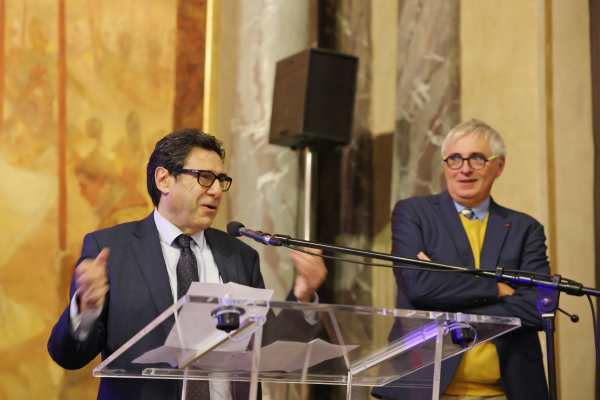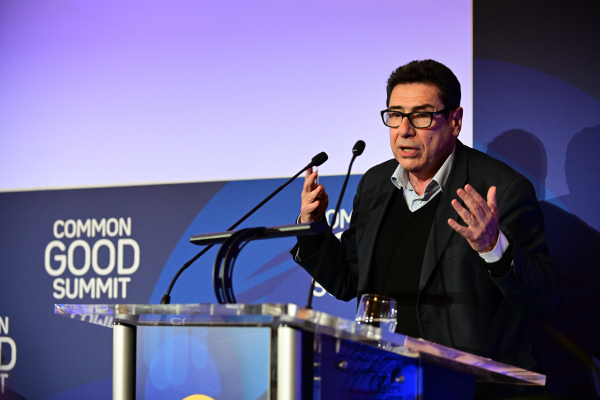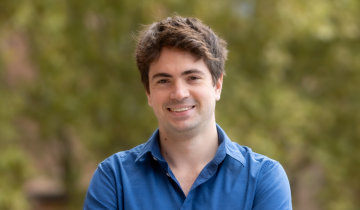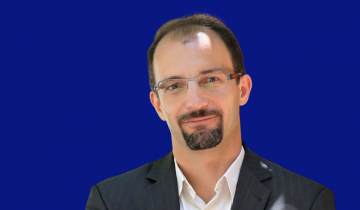The Toulouse School of Economics extends its warmest congratulations to Philippe Aghion, winner of the 2025 Nobel Prize in Economics, for his pioneering work on growth and innovation. He was honored alongside American-Israeli Joel Mokyr and Canadian Peter Howitt.
A professor at the Collège de France, Philippe Aghion's research has profoundly renewed our understanding of the dynamics of economic growth, the role of competition and innovation in development, and public policies likely to promote sustainable and inclusive growth.
Philippe Aghion has collaborated with many TSE researchers and has always maintained close ties with our academic community. His career is a shining example of the strength and influence of French economic research on the international stage. He's also a member of the board of the TSE Jean-Jacques Laffont Foundation.
In 2022, TSE awarded him the Jean-Jacques Laffont Prize. Created in 2005 in partnership with the City of Toulouse, this prize is awarded each year to leading economists. Watch Philippe Aghion's full lecture here. Philippe Aghion is the eighth winner of the Jean-Jacques Laffont Prize to also receive the Nobel Prize.

Philippe Aghion also participated in the 2024 Summit on the Common Good, organized by TSE, Challenges, and Les Echos Evènements. He spoke on the topic “Technology and transition: will progress save us?” alongside Daron Acemoglu, winner of the 2024 Nobel Prize in Economics.

Photo credit: Anaëlle Raguet
The entire TSE community is delighted with this well-deserved recognition and salutes the considerable impact of his contributions to economic science and public policy.
Jean Tirole joins TSE in congratulating Philippe Aghion:
"I am immensely delighted by the distinction received today by Philippe Aghion, whom I had as a student in Paris and Boston, and since then as a valued collaborator and close friend. Faithful to France, for which he left Harvard a decade ago, a lifelong friend of TSE, and the builder of a vibrant research group at the Collège de France, Philippe Aghion is also a highly regarded collaborator among his colleagues.
Noting that developed economies need technological progress to generate sustainable growth in purchasing power and to ensure national independence, Mario Draghi wrote a eponymous report a year ago warning Europe of its significant technological lag. Beginning in the late 1980s, Philippe Aghion’s work in this area was pioneering, even if not always heeded.
Faithful to the Schumpeterian tradition, Philippe Aghion developed all the facets of the idea that the engine of a dynamic economy is innovation: a clarifying theoretical framework, empirical studies testing it, and, finally, the resulting public policies—namely, the need to create incentives to innovate (through taxation, competition law, intellectual property rights, or education), an industrial policy favoring competition rather than political support for national champions, and, lastly, ways to reconcile growth, climate action, and the fight against inequality.
A richly deserved Nobel Prize, and one that looks toward the future."



